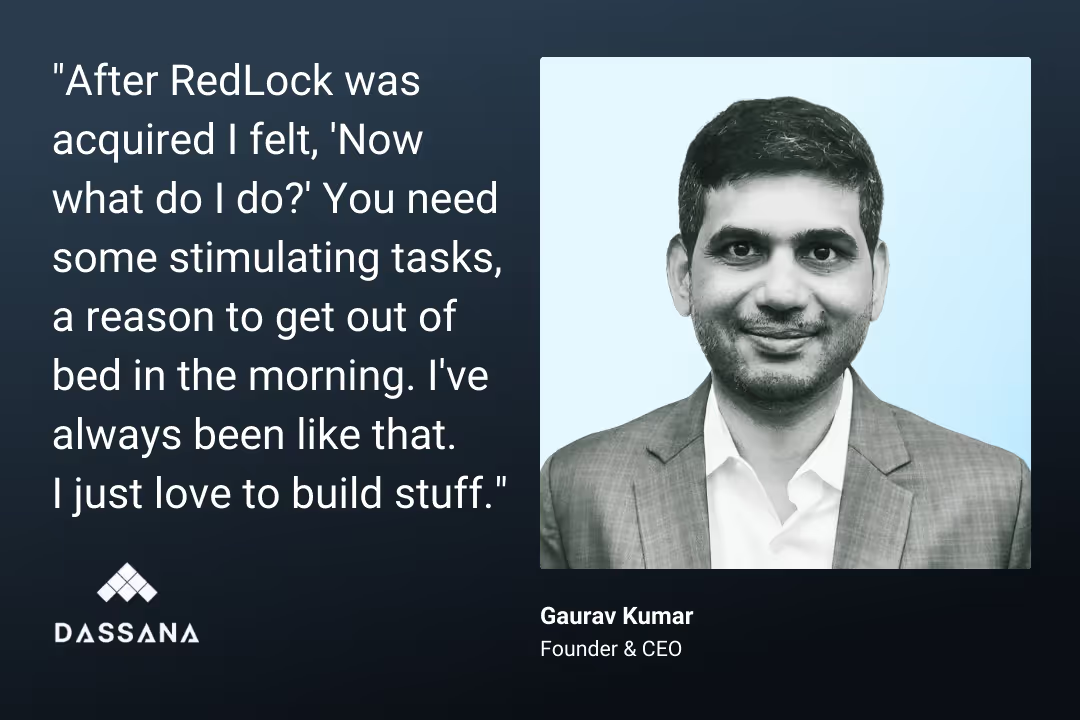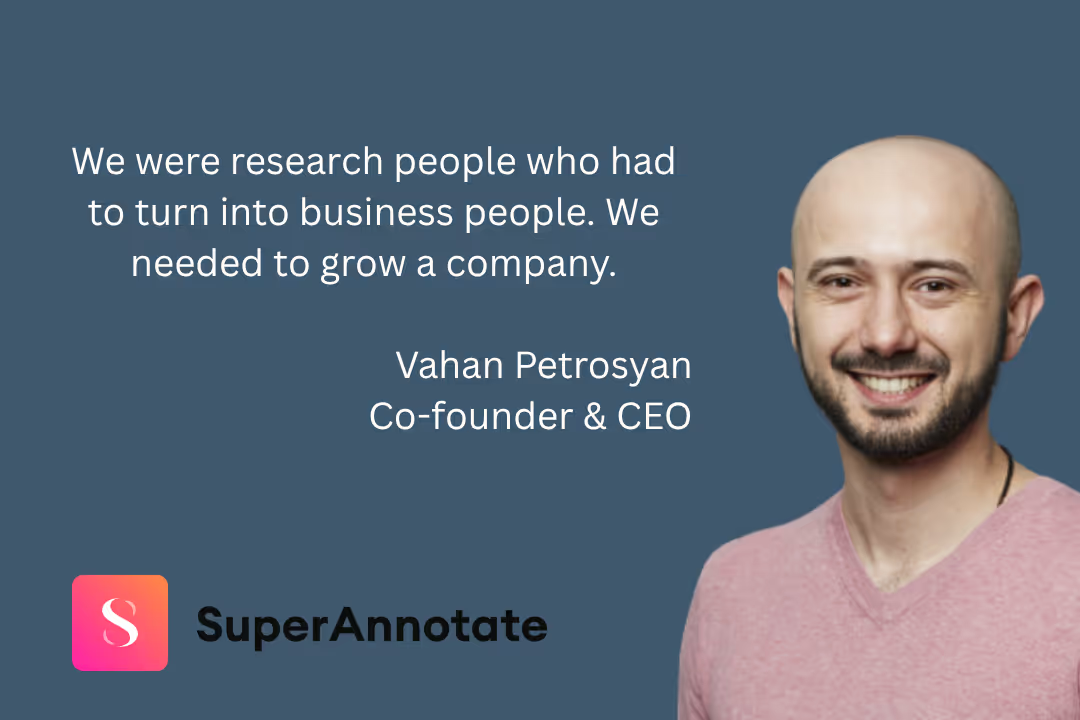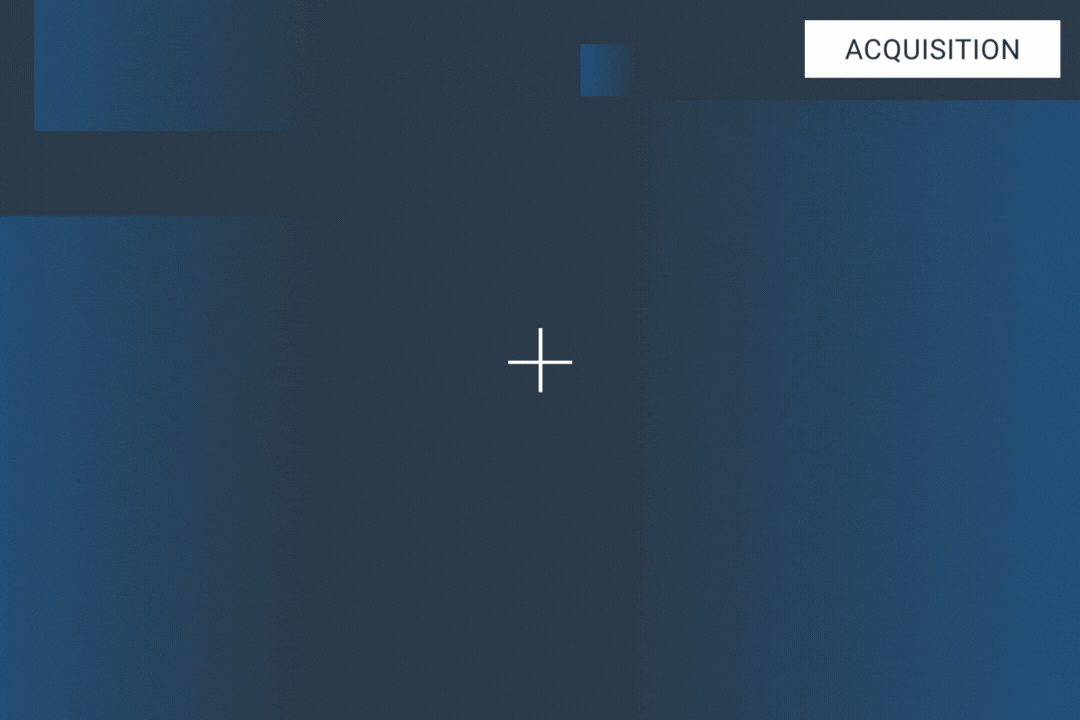The DTC Interview: Dassana’s Gaurav Kumar

WHY THIS, WHY NOW
At Dassana, we are building the next generation of logging solutions for the cloud. We believe that the basic currency of any successful SecOps or DevOps program is the logs. If you look at the amount of data being generated by cloud systems, it’s growing easily 2x – 3x year over year. Along with that growth is higher costs.
This has been a consistent challenge. There’s always this fight between the finance team and the engineering teams in that engineering runs out of quota and are forced to ask for more budget for their logging solutions. When I was building RedLock, we started using my personal credit card and my monthly bill started at $500. Then it became $1500, then $2,500, and at some point, we were paying $10,000 a month. And it happened within a span of like just one to two years. Our approach is to take lessons learned from cloud models to create consumption-based pricing. If you don’t query, you don’t pay for it.
It’s also about making sense out of all that data. In the logging world, there are no standards, right? Every single vendor – SumoLogic, Data Dog, New Relic, everybody – does things differently. Anytime somebody joins a team, there is always a learning curve. So that’s a challenge. What’s changed is that these days logs are very well structured. This led us to creation of SQL-able logs. Much like developers write SQL queries to analyze their data, with Dassana they can now write very similar queries to analyze their logs. Existing tools have not stepped up to solve these challenges.
LEARNING AND INSPIRATION
With startups, the journeys are honestly way more exciting than the destination. It’s like when people climb Mount Everest. They prepare for it for a very, very long time — months for months and years. And then after they summit, some people get depressed. Like, “Now what? There’s nothing left to do. I’ve already scaled the highest mountain in the world.” Startups are like that.
“After RedLock was acquired by Palo Alto Networks I felt, “Now what do I do?” You need some stimulating tasks, a reason to get out of bed in the morning. I’ve always been like that. I just love to build stuff.”
My favorite part of early-stage company building is when everybody starts to see how the small, small pieces of the puzzle become part of the bigger puzzle. In the early days, people are working on their own stuff. When you are just about to release a product, there’s that raw moment when you see that your component is critical to a launch. In isolation, it may not be the most important thing, but without it, this whole thing will fall over. And then people realize it that their contributions over the last many months and years is coming to fruition.
“…there’s that raw moment when you see how your component is critical to a launch. In isolation, it may not be the most important thing, but without it, this whole thing will fall over.”
Two things I’ve carried over from my previous start up experiences are: One, I think so long as you remain true to your customers and just do whatever it takes to make things right by them, everything just falls into place. It doesn’t matter whether you are a two times founder or 20 times founder, credibility with your customers is something that you have to earn.
And two, hope is not a strategy, but in startups you have no other option than just do your best and hope for the best. Markets might crash, economies might crash, a new competition can come up, you could lose a key employee. There are a lot of unknowns, right? So that’s challenging but you have to make yourself believe that that it’s going to be okay.
“Hope is not a strategy, but in startups you have no other option than just do your best and hope for the best. You have to make yourself believe that that it’s going to be okay.”
Something I hope not to bring over from my previous experiences is the tendency to try to overcorrect things. You forget that what made you successful the first time may not make you successful the second time. It’s a different time. It’s a different product, and a slightly different set of people.
If in the first startup, if you had issues with scaling your technology, you might try to overcorrect from day one. But just because you had those issues in the past does not mean that you’re going to have them again. You can still carry over the principles from your first company, but don’t carry over the implementations. Keep an open mindset – if things are not working, recognize they’re not working and fix them. Don’t try to fix them even before you have hit the problem.
OFF THE CLOCK
I firmly believe in life/work balance. We call it life/work balance intentionally. One thing I make sure of is that I am asleep by 10 o’clock every single day. It’s good for the entire company. Nobody wants to work with a groggy person.
I also spend a lot of time biking on trails around the Bay Area, playing chess, and roasting coffee. I have a coffee roaster at home and love the ability to select the coffee region and the farms the beans come from. I roast a bunch of coffees in small batches and I have my wife randomize them to avoid my own biases. We do a tasting, she takes notes on her phone while I taste. There are these peaberry coffees from Brazil that are just the best coffee I’ve ever had. You don’t find them often, but when you do, it’s really, really good.





.png)
.png)